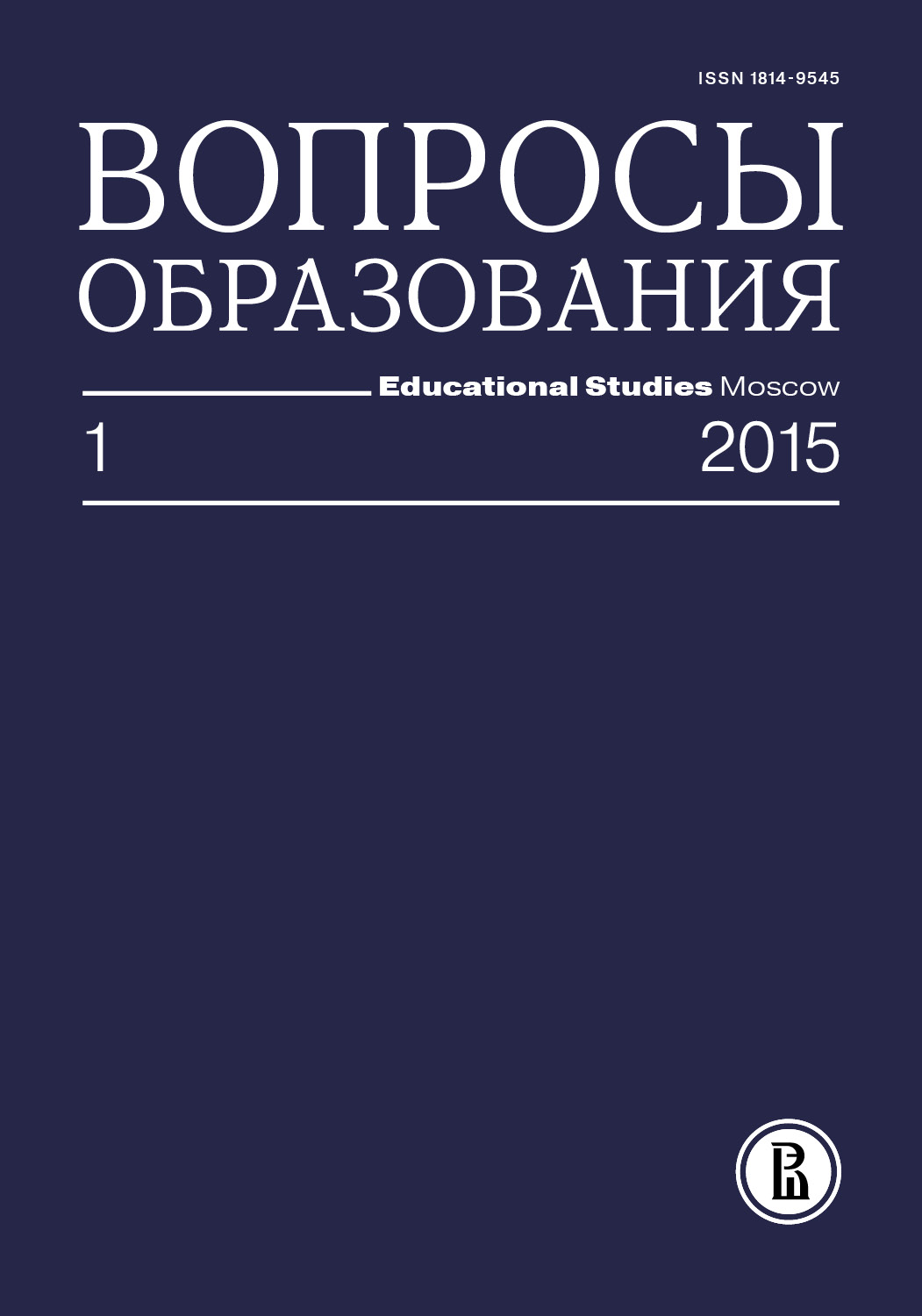Тенденции изменений и детерминанты когнитивных навыков и компетенций: предварительный статистический анализ данных PIAAC
Аннотация
Выделены пять факторов, которые влияют на когнитивные навыки, измеренные с помощью различных стандартизированных тестов: возраст, пол индивида, образование, жизненный и профессиональный опыт. Целью данного исследования было выяснить, каковы характер и сила воздействия этих факторов на когнитивные навыки и компетенции, измеренные тестами Программы международной оценки компетенций взрослых — PIAAC. Методом главных компонент выделены два латентных эндогенных фактора, объясняющих вариацию числа лет обучения и использования когнитивных навыков на работе и дома. С помощью двух- и трехшагового методов наименьших квадратов определено влияние каждого из факторов на результаты тестов грамотности чтения, математической грамотности решения задач в технологически насыщенной среде.








